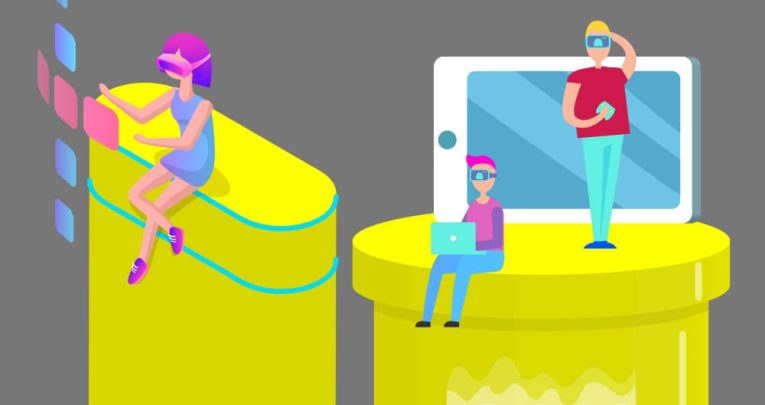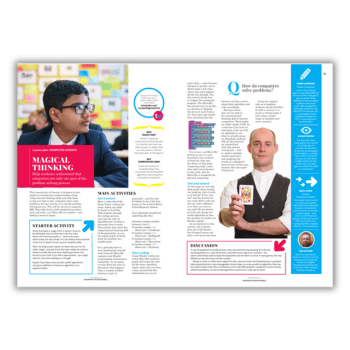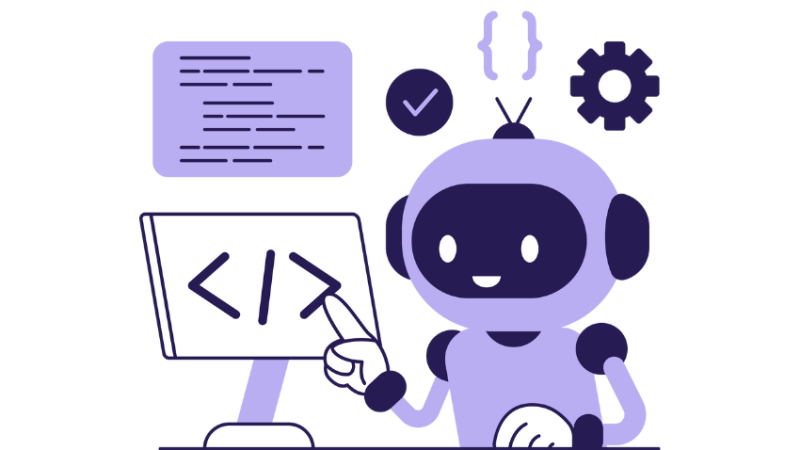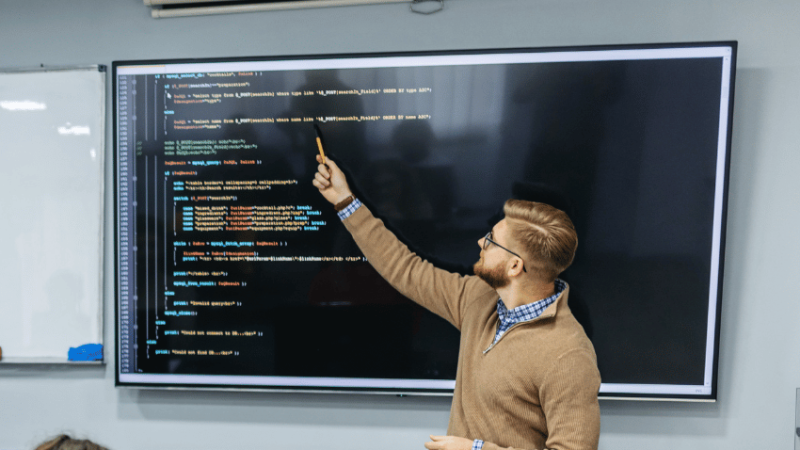Computer science – Plenty of coding, but where’s the digital literacy?

Complaints that today’s tech-savvy youth aren’t sufficiently employable are nothing new – but if that’s the case, the fault lies with our current curriculum priorities, argues Tony Parkin…

- by Tony Parkin

Sometimes you read an article that causes you to roll your eyes in disbelief. And then reach for the keyboard.
The FE Week article ‘Young people aren’t digital natives in the way employers need’, by Bev Jones of the Career Colleges Trust is one such example. My complaint isn’t that I disagree with what Bev has to say; in fact, I agree with most of her main observations.
It’s more the “Why are employers struggling to find young people with adequate levels of digital literacy?” question it provokes. Are memories in education really so short?
First, a couple of caveats. Employers always state that education is ‘failing to prepare students for the world of work’. I can’t remember a time – even as far back as my own school days – when the director-general of the CBI, or someone of that ilk, wasn’t moaning that pupils are arriving in the workplace ill-equipped.
If we had time machines, we’d probably witness tribal chiefs at the dawn of civilisation complaining that everyone wants to be hunters amid a dire shortage of those with gathering skills.
We also know that the ‘digital native’ trope writer and speaker Marc Prensky gave the world has often proved less than helpful. In her article, however, Bev carefully lays out the reverse ‘digital native’ variant, making it clear that students’ familiarity with SnapChat filters doesn’t make them all employable tech whizzes.
‘Toxic’ ICT
The main reason for my ocular rotation was Bev’s query as to why today’s students lack digital literacy. The simple answer is that it’s no longer sufficiently valued in the curriculum, nor in the assessments for which schools carefully prepare their students.
In 2011, then Google CEO Eric Schmidt gave the MacTaggart Lecture at that year’s Edinburgh TV festival, at a time when reports from NextGen, Ofsted and the Royal Society were highlighting flaws in the digital education of the day and capturing the attention of politicians.
When it was subsequently decreed that ICT in its existing state was now ‘toxic’, a number of educators and industry professionals proceeded to build consensus over the development of a new computing draft curriculum.
The end result comprised a carefully-balanced mix of computer science, IT and digital literacy helpfully described by computer science academic Miles Berry, one of those involved, as the ‘foundations’, ‘applications’ and ‘implications’ of the discipline respectively. So what went wrong?
Relentless focus
Some suggest the consensus was betrayed when certain vested interests stepped in. Whatever the truth of that, what ultimately emerged from the process wasn’t a tripartite, balanced curriculum, but one relentlessly focused on computer science.
Digital literacy and information technology took a back seat at KS3, and barely had a seat at all at GCSE, with only computer science on offer.
The digital literacy that survived now has a huge focus on e-safety and cyber- bullying. Both are important, yes – but in isolation, hardly conducive to awakening cohorts of pupils to the rich wonders of the digital world.
All is not lost, of course. There are some great teachers delivering a more balanced computing curriculum, particularly at early Key Stages, but the current accountability system ensures that the secondary assessment tail wags the dog.
If we want to see cohorts of truly digitally literate pupils enter the world of work, then we need to have some true GCSE computing assessment at the end of KS4, not just computer science. Ideally alongside a set of vocational exams that offer opportunities spanning the full spectrum of potential digital employment.
Who knows – this may even do something to address the dire gender imbalance that’s still all too evident in the field.
Tony Parkin is an educational technologist and consultant, speaker, writer and mentor; follow him at @tonyparkin and linkedin.com/in/tonyparkin.










